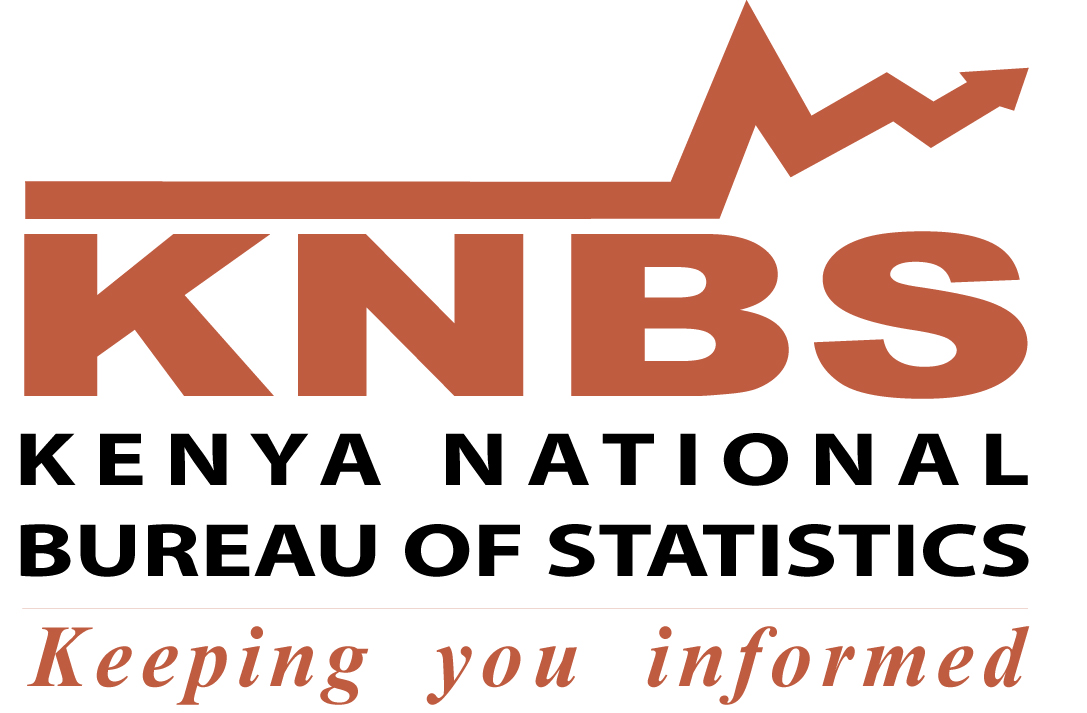Exploring The World Of KNBS: A Comprehensive Guide
The Kenya National Bureau of Statistics (KNBS) plays a pivotal role in the collection and dissemination of statistical data in Kenya. This agency is responsible for conducting various surveys and censuses that are vital for the planning and development of the country. Through its work, KNBS provides essential data that supports government policies, economic planning, and social development initiatives. By harnessing the power of statistics, KNBS aids in transforming Kenya into a data-driven society.
In today's fast-paced world, accurate and timely information is crucial for decision-making. KNBS not only focuses on economic indicators but also encompasses demographic, social, and environmental statistics. This breadth of data helps stakeholders at all levels, from government officials to business leaders, to make informed choices based on reliable statistical evidence. As we delve deeper into the workings of KNBS, it is essential to understand its functions, significance, and contribution to national development.
Furthermore, the KNBS is tasked with ensuring that the statistical data it provides is not only accurate but also accessible to the public. It plays an essential role in promoting transparency and accountability within the government and other institutions. In the following sections, we will explore various aspects of KNBS, including its history, functions, and the impact of its data on various sectors in Kenya.
What is the History of KNBS?
The Kenya National Bureau of Statistics has a rich history that dates back to its establishment. Originally set up as the Central Bureau of Statistics in 1948, it has evolved into a key player in the country's statistical landscape. In 2006, it was rebranded as KNBS, positioning itself as a central agency for statistical data collection and analysis.
What are the Main Functions of KNBS?
KNBS is tasked with several critical functions including:
- Conducting national surveys and censuses.
- Compiling and analyzing statistical data.
- Disseminating statistical information to the public.
- Advising the government on statistical matters.
How Does KNBS Collect Data?
Data collection by KNBS is conducted through various methods such as:
- Surveys: Regularly conducted to gather information on different sectors.
- Censuses: Comprehensive population counts carried out every ten years.
- Administrative data: Utilizing existing records from government departments.
Who Can Access KNBS Data?
KNBS data is accessible to a broad audience, including:
- Government agencies
- Researchers and academics
- The general public
- Businesses and private organizations
What is the Importance of KNBS in National Development?
KNBS plays a crucial role in driving national development through the provision of reliable data. This data informs policy-making, resource allocation, and program implementation across various sectors. By providing accurate statistics, KNBS helps to:
- Identify key areas for development.
- Monitor progress towards national goals.
- Enhance transparency and accountability in governance.
What Challenges Does KNBS Face?
Despite its significant contributions, KNBS faces several challenges, including:
- Limited funding for extensive data collection.
- Ensuring data accuracy in remote areas.
- Addressing public mistrust in statistical information.
How Can KNBS Improve Its Data Collection Methods?
To enhance its data collection methods, KNBS could consider:
- Leveraging technology for data collection and processing.
- Increasing collaboration with other organizations.
- Conducting public awareness campaigns to build trust.
Who are the Key Personnel at KNBS?
KNBS is led by a team of professionals with expertise in statistics and public policy. The leadership team is responsible for overseeing the bureau's operations and ensuring that it meets its objectives.
| Name | Position | Experience |
|---|---|---|
| Macdonald Obudho | Director General | Over 20 years in statistics and data management. |
| Dr. Rose N. Oduor | Deputy Director | Expert in economic statistics with 15 years of experience. |
What is the Future of KNBS?
The future of KNBS looks promising as the demand for data-driven decision-making continues to grow. By embracing technology and enhancing its data collection methods, KNBS can position itself as a leader in statistical information in Africa. Continuous improvement and adaptation to changing circumstances will be key to its success.
In conclusion, the Kenya National Bureau of Statistics (KNBS) stands as a cornerstone of national development through its commitment to providing accurate and timely statistical data. Its role in informing policy, enhancing governance, and driving development cannot be overstated. As Kenya continues to evolve, the significance of KNBS will only grow, making it an essential institution for the country's progress.
Discovering The Names Of The Paw Patrol Dogs
Exploring Joe Johnson's Net Worth: A Journey Through His Career
Unraveling The Mystery Of Hank Williams Jr.'s Age At Death



